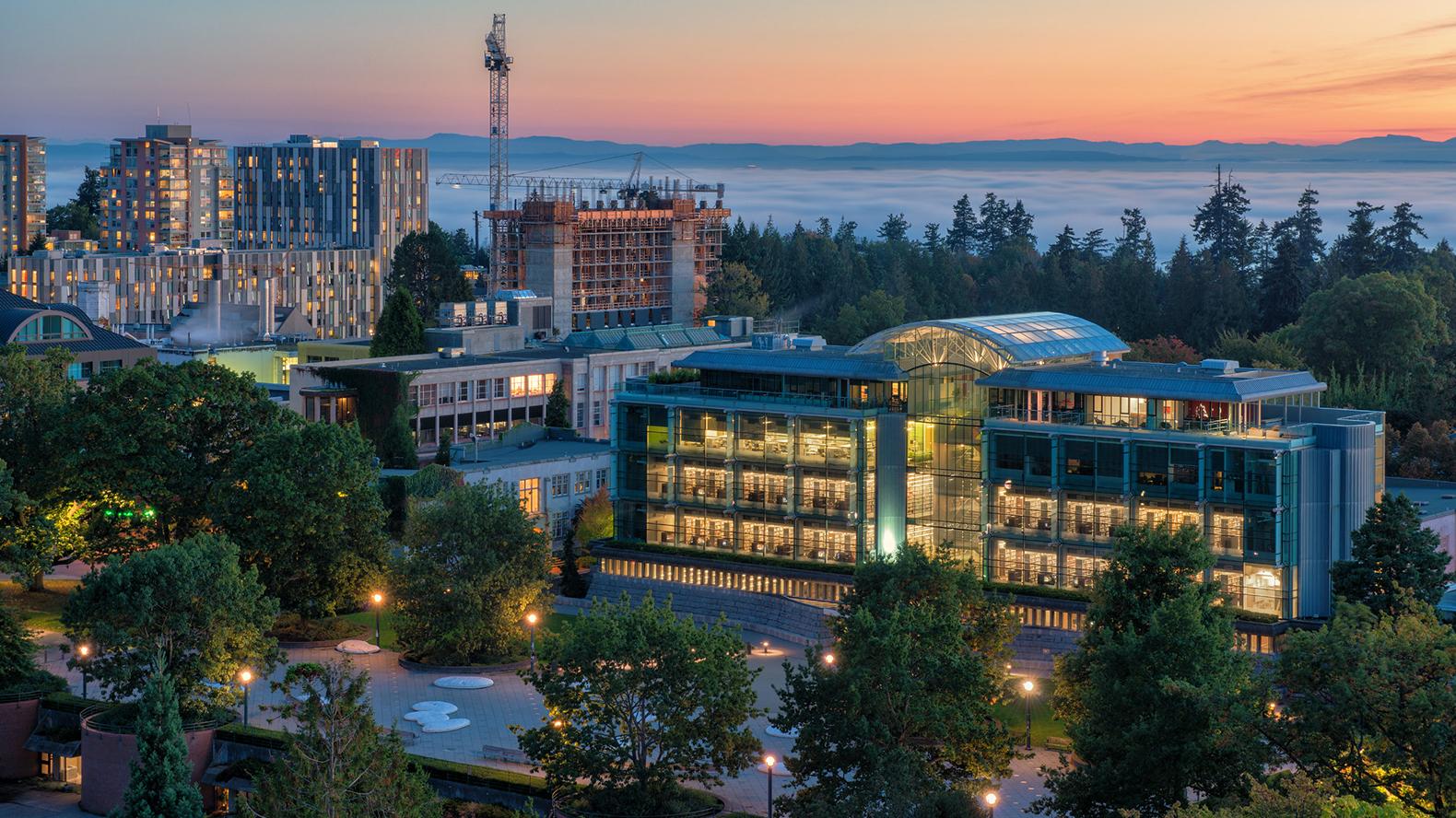
Words by Niki Afsharpour, Katherine Eadon-Clarke, and Cait Murphy
The UC3 Summit included “The Race to Zero: Universities Working to Catalyze Climate Action” panel which had opening remarks by President Ono and Catherine McKenna, and featured speakers John Robinson, Cynthia María Villarreal Muraira, Walter Mérida, and Peter Schlosser.
Dr. John Robinson from the University of Toronto emphasized the value of fostering university-city partnerships in advancing climate action. Dr. Robinson practices such partnerships in his involvement with the Urban Climate Action Network, a group of 6 UC3 universities that are assisting their local communities in achieving climate action goals. Dr. Robinson also highlighted the importance of transdisciplinary research and knowledge co-production. He describes the "COs" (co-management, co-production, co-creation) as steps we must take to move from extractive approaches to reciprocal approaches in co-generating actionable knowledge.
“Rather than only viewing society as a source of data, we need to be more inclusive and also view society as the primary audience of our work. The current information comes in the form of journals where the primary audience are academics and this model makes us pretty removed from greater society,” Dr. Robinson stated.
Dr. Walter Mérida from UBC highlighted how using campuses as Living Labs can help achieve climate goals. His current project involves converting a city block on the UBC Vancouver campus into a solar- and hydrogen-driven Smart Energy District. The project showcases cutting-edge climate solutions and processes and aims to achieve zero-emission power using sunlight and hydrogen.
Cynthia María Villarreal Muraira from Tecnológico de Monterrey illustrated the importance of catalyzing partnerships for climate action and the key position of culture in this work. Tecnológico de Monterrey’s Sustainability and Climate Action Plan has 6 pillars, with culture at the heart. We interviewed Cynthia’s colleague Paola Visconti Arizpe, who expanded on the meaning of culture in their climate action plan.
“Anyone can have a definition of ‘culture’, but for us, it is raising awareness, communicating and training through programs that promote environmental sustainability, establishing measurement mechanisms to identify changes in behaviour, generating schemes so that staff can acquire sustainable technologies, and promoting the use of and responsible investment in resources,” Paola explained.
Dr. Peter Schlosser from the University of Arizona emphasized how we are now in the Anthropocene and have found ourselves in the Decisive Decade where our choices today can drastically shape our planet’s tomorrow. Dr. Schlosser’s work with the Global Futures Laboratory engages academic and non-academic partners in responding to the various ways the climate crisis presents itself.
What was clear from the Race to Zero panel and UC3 summit was that we need everyone at the table and that collaboration between everyone, from students to entire sectors, is key to reaching net-zero in ways that address the deep inequalities and injustice brought upon by our current systems.
“Sustainability is not a single discipline, field, or approach to a problem. It is an ethos and a way of being in the world, and there isn't a discipline that doesn't need to address sustainability issues. There isn't a job in the world that doesn't have some connection to sustainability. Every student can benefit from some sustainability knowledge regardless of what they will do. Community engagement is at the heart of sustainability and climate action.” - Dr. John Robinson
Thank you to Paola Visconti Arizpe and John Robinson for taking the time to be interviewed by the Sustainability Hub!